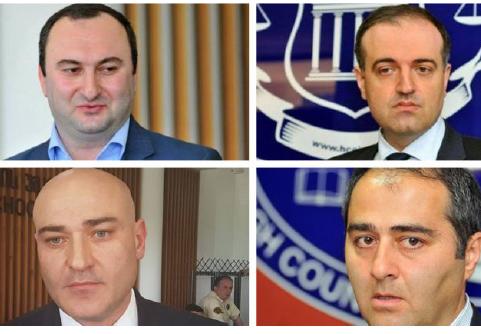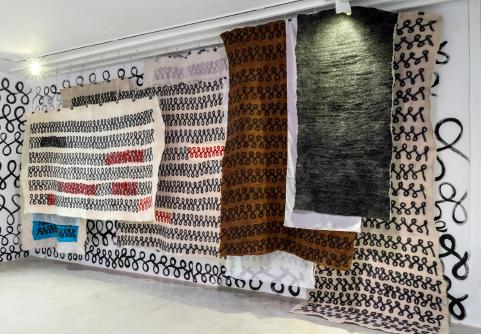Author : Tinatin Kavtaradze

Georgia’s national curriculum sets high standards. For instance, the 2016 curriculum for Georgian literature even includes a requirement for students to be capable of composing fables. While the development of creative writing and thinking skills is undoubtedly important, the programme lacks guidance on how to achieve these goals, neither for fables nor otherwise, and the requirements are unrealistic and unachievable. What matters is the plan itself – what we will write there and how we will create a façade, what we will show the public and how we will deceive ourselves.
Education is life itself. We primarily acquire education from the behavioral models and examples that the environment provides. What does this mean? The reality is that the student, expected to be capable of writing fables according to the curriculum, feels deceived by the system. Moreover, he soon discovers that books have become boring and contain cheap reading material; that what is taught in school is far from life experience, i.e., not only does he not know how to write fables, but he is lame in reading, it turns out that he is completely unable to withstand the trials of life.
So, what is left for a deluded and ignorant person? He has to become a liar in order to somehow create the illusion of studying at the next level of education (university). Here are some examples that illustrate how falsity becomes a way of life:
Example 1:
A high school teacher asks students to write down what he dictates, yet the material itself is displayed on a projector screen. The students are actively writing under dictation. Suddenly the instructor asks: “Why are you writing? The text is displayed on the screen, can’t you take a picture of it? Or ask me for a script, after all, isn’t that your right?’ The students are surprised, and one of them replies: “I thought about that, but I didn’t mean to offend you.”
The key words here are “I didn’t want to offend you”, which means that the main thing is to lie, to create an illusion, to pretend that I didn’t do anything here, to be silent and to be patient – even if you realize that you are given a stupid assignment.
Example 2:
The University gives the student the opportunity to study compulsory and elective subjects. Elective subjects may not be directly related to the student’s future profession, but the university gives students the opportunity to decide in which direction they want to acquire additional knowledge. The teacher of one of such elective subjects at the first meeting asks students why they have decided to choose this subject and what their expectations are. The answer of the majority coincides with each other and sounds like this: I was told that you are a good teacher and I won’t have any problems with getting credit.
It turned out that the most important thing for a student is to get a grade, and the criterion of a good teacher is how easy or difficult it is to get a grade from the teacher.
Example 3:
The lecturer examines the dissemination of propaganda by totalitarian regimes and poses thought-provoking questions. The aim is to analyse the spread of propaganda and its impact on the individual. Students demonstrate a sound understanding of indoctrination, offer insightful responses, criticise the Nazi regime and engage in discussions about the ‘banality of evil’. Their attitude to the accountability of individuals who claim to have followed orders at the Nuremberg trial is clear. The teacher is satisfied as there seems to be a clear understanding of personal responsibility and the role of citizens.
However, when asked to give examples of contemporary attempts at indoctrination in modern society, such as in Russia or Georgia, there is a noticeable silence. The teacher rephrases the question, emphasising how attempts to influence our thinking can be overlooked. Despite this clarification, the answer remains: “I haven’t thought about that”.
When discussing the abolition of personal responsibility, the students did not realise that they themselves were abolishing it when they did not analyse the environment in which they had to live, and this was natural, because their school experience had taught them only to lie, to deceive, and keep silent.
This is how lies shape the morals of young people: when they don’t like the truth, they deceive themselves; when they don’t want to offend, they lie, and they keep on lying until they forget the truth, but the truth doesn’t go anywhere. They do not know that each lie we tell is a debt to the truth, and sooner or later we will have to pay that debt. It is logical that the bigger the lie, the bigger the price we will have to pay.
And we pay the price with an illiberal democracy, which is always prone to dictatorship, with a weak civil society. So, if the national curriculum of Georgia has trained you to be:
“...harmless,
uncomplaining,
submissive,
grateful,
indifferent,
subservient,
enduring like a mule”1,–
Then get used to it, be patient because you don’t have freedom of choice and you won’t have it until you find your voice and call out to yourself:
Enough, I want the truth!










